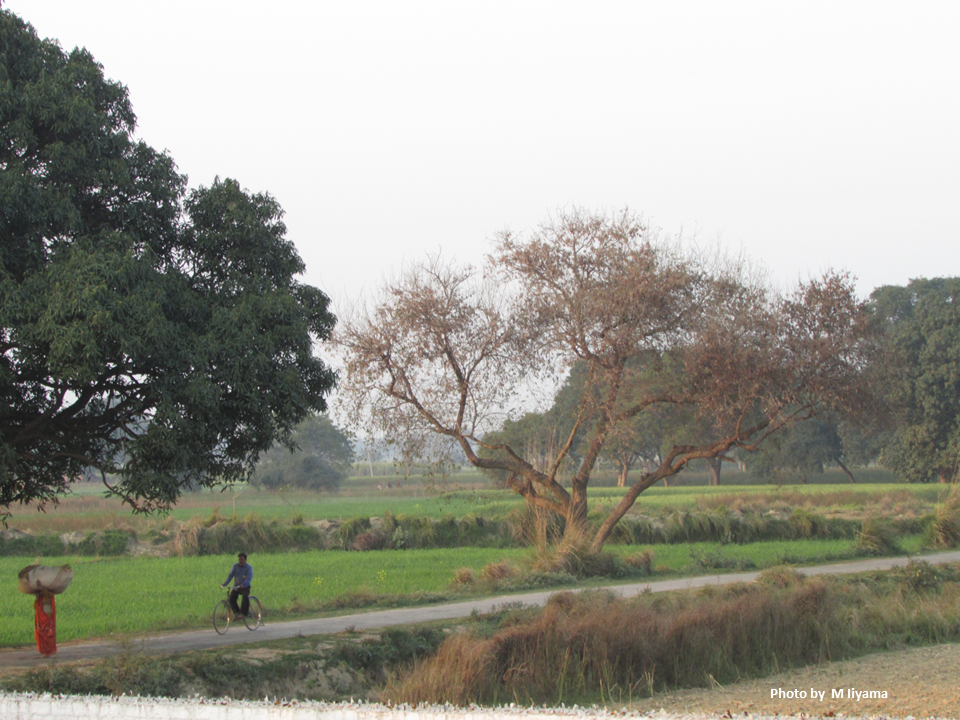Pick Up
1332. The Impact of Food Trade on Water Resource Transfers

1332. The Impact of Food Trade on Water Resource Transfers
A new report from the United Nations University (UNU-Institute for Water, Environment, and Health: INWEH) shows that virtual water transfers through food trade alleviate water scarcity for the majority of the world's population, but exacerbate it for millions of people, particularly those living in low-income regions.
By importing food, countries can effectively conserve water needed for domestic production and reduce pressure on their own water supplies. In contrast, food exports generate income, but deplete limited local resources, reducing water availability for their own citizens.
While the world as a whole benefits from the virtual water transfers associated with food trade, the impact varies by country. The report notes that regions such as northern China, Europe, and parts of North Africa benefit most from agricultural trade, while countries like India and Pakistan, as well as eastern Australia and the central United States, benefit little or nothing and may in some cases face even greater water stress.
The report notes that while high-income groups will primarily benefit from mitigating water scarcity, low-income groups will be hit hardest by increasing water scarcity. The report emphasizes the need for policymakers to focus not only on the overall availability of water resources but also on how trade outcomes affect low-income groups. It calls for reducing inequalities by providing financial support to low-income households, maintaining affordable water tariffs, and investing in local water infrastructure to meet basic needs. In particular, agriculture should improve water efficiency in production through drip irrigation and a shift to less water-intensive crops, thereby mitigating local water scarcity and supporting smallholder farmers.
(Reference)
Qin, Y., Gu, W., AghaLouchak, A., Liu, Y., Madani, K., Ni, J. (2025). Water Inequity in Global Agricultural Trade. United Nations University Institute for Water, Environment, and Health (UNU-INWEH), Richmond Hill, Ontario, Canada, https://collections.unu.edu/eserv/UNU:10265/INWEH_Report_Water_In_EQ_Gl…
Contributor: IIYAMA Miyuki, Information Program
